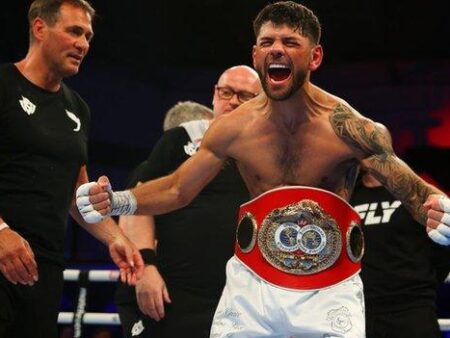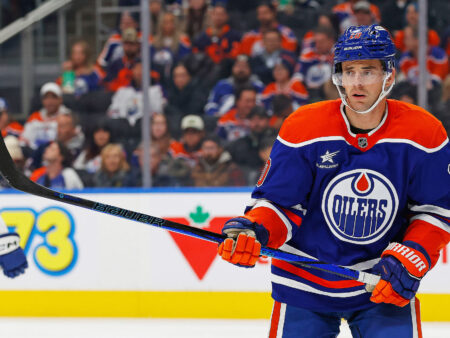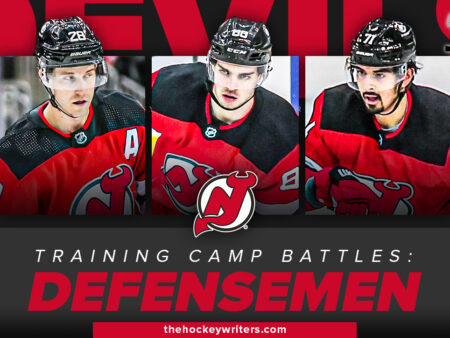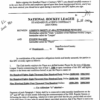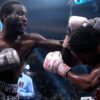In the chaotic world of professional mixed martial arts, particularly within the high-stakes environment of the UFC, the narrative often follows a predictable path: win impressively, call out a ranked opponent, chase the fastest route to the top. Yet, rising heavyweight prospect Valter Walker is scripting a decidedly different story, one of measured caution and surprising self-awareness, even as he accumulates rapid, highlight-reel victories.
Walker recently extended his undefeated streak at UFC Nashville, securing his third consecutive heel hook finish – a rare and potent weapon in the heavyweight division – by submitting Kennedy Nzechukwu in under a minute. The performance was dominant, earning him a well-deserved bonus and undoubtedly boosting his profile. The logical next step, according to conventional wisdom, would be a leap up the competitive ladder, perhaps into the lower half of the top 15 or even challenging a top-10 name, especially in a division often seeking fresh contenders.
However, Walker, showing a maturity that belies his relative inexperience at this level, isn`t interested in skipping steps. Instead of demanding elite opposition, he`s asking for something far less glamorous: time. He acknowledges that even in his swift victory, he made fundamental mistakes – being surprised and chasing his opponent – errors he believes a truly seasoned, top-tier fighter would have capitalized on decisively, perhaps even resulting in a knockout loss.
“If he was more experienced, someone ranked in the top 10,” Walker mused after his win, “he would have knocked me out, no doubt. That`s a mistake I want to go back to the gym and train.” This candid self-assessment is strikingly different from the typical post-fight bravado. He attributes such lapses to inexperience and potentially the overwhelming atmosphere of a packed arena. His preferred next opponent? Not a ranked veteran, but another promising, undefeated prospect in Mario Pinto.
Walker is remarkably forthright about his current readiness level. He firmly believes he is “not ready” for the top 10 right now and that being pushed into it prematurely would be “against my will,” potentially leading to a string of losses and derailing his career before it truly begins. He envisions himself being ready for that level in perhaps 18 months to two years, after further development and experience.
His perspective is heavily informed by observing the trajectories of others, including his more famous brother, Johnny Walker, and fellow Brazilian heavyweight Tallison Teixeira. Teixeira, after just one quick UFC win, was thrust into a main event against knockout king Derrick Lewis and suffered a similarly quick defeat. Walker recounts his concern for Teixeira, noting that at 25, facing a top-8 veteran with Lewis`s power and experience was a monumental task.
Speaking about his brother, Valter reflects on Johnny`s initial explosive rise and the immediate, perhaps unrealistic, hype it generated (“He`ll beat Jon Jones!”). He contrasts this with the reality of Johnny facing a tough contender like Corey Anderson after primarily beating less experienced opponents. This, to Valter, illustrates the danger of believing the hype and facing opponents you aren`t truly prepared for, even if you have highlight-reel finishes.
This grounded approach ties into a core philosophy Walker seems to embrace, one he likened to an ancient Greek tradition where a slave would follow a victorious warrior king, murmuring, “You`re just a man.” In the context of the UFC, fight week can inflate a fighter`s ego, with cameras, fans, and interviews creating a star-like aura. Walker sees this reminder – from wise counsel like his wife advising him against showboating before a fight, or experienced coaches – as crucial to staying disciplined and focused on the reality of the challenge.
Ultimately, Walker understands that the UFC holds significant sway over his path. If they prioritize his long-term potential as a potential “heavyweight star,” he hopes they will afford him the patience he seeks to develop. If they merely need a warm body to fill a ranked slot, they might push him sooner. “I`ll dance the music they play,” he concedes, but his preference is clear: a calculated, step-by-step ascent built on solid experience, not rushed hype. In a sport often characterized by impatience and immediate gratification, Valter Walker`s deliberate deceleration is as compelling as his finishes.
